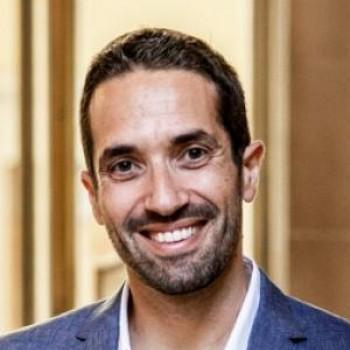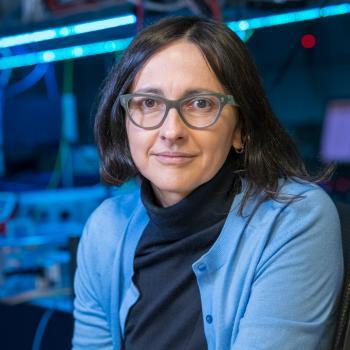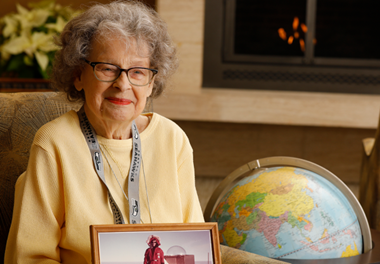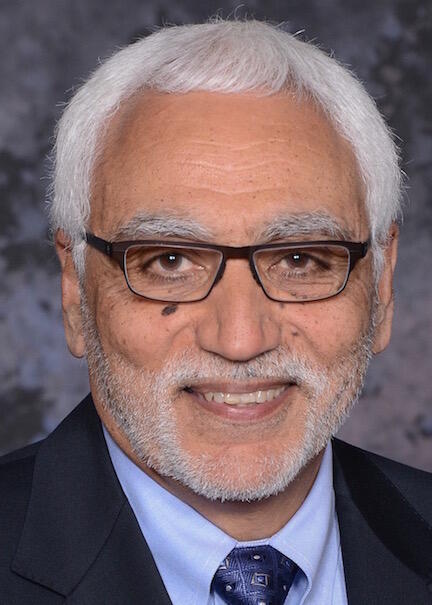
Christos Kozyrakis Selected to Receive IEEE Goode Memorial Award
Recognized for seminal and sustained contributions to cloud systems research, including hardware and system software architecture

Jelena Vučković Awarded the 2026 R. W. Wood Prize by Optica
She is honored for pioneering contributions to integrated phototonics, foundation work in quantuym photonics, and the breakthrough development of a practical photonic inverse design

Caroline Trippel named 2026 Sloan Research Fellow
The fellowships honor early-career researchers whose creativity, innovation, and research accomplishments make them stand out as the next generation of leaders.

H.-S. Philip Wong elected to the National Academy of Engineering
In recognition of contributions to nanoscale semiconductor device technology

Remembering Irene C. Peden
Peden was the first woman to earn a doctoral degree in electrical engineering from Stanford University

Abbas El Gamal wins 2025 Great Arab Minds Award
Great Arab Minds (GAM) award celebrates El Gamal's global achievements

Benjamin Van Roy receives Morse Lectureship Award from INFORMS
The 2025 Philip McCord Morse Lectureship Award is awarded to Benjamin Van Roy

Ayfer Ozgur and Mary Wootters are 2025 Bass Fellows
Stanford announces 2025 Bass Fellows in Undergraduate Education

SoE Spotlight on Laura Wuethrich
Laura Wuethrich, Degree Progress Officer, Spotlight by Stanford School of Engineering

Stephen Boyd, PhD Awarded the Nathaniel B. Nichols Medal
Stephen Boyd, PhD Samsung Professor, Electrical Engineering Awarded the Nathaniel B. Nichols Medal